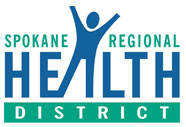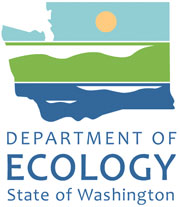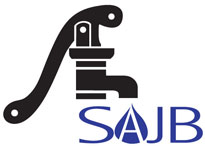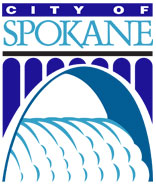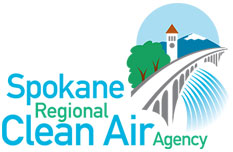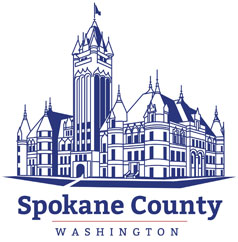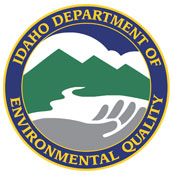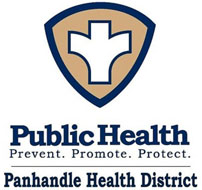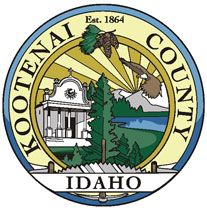Waste » Business » FOG (Fat, Oil, Grease) » Oil, Cooking
All food service establishments that are connected to the City of Spokane’s sanitary sewers must have an approved grease system such as grease traps, interceptors and other devices that keep fats, oils, grease and food debris out of the sewer pipes. Grease systems must be properly installed, cleaned and maintained.
Best Management Practices (BMPs)
These are the best ways to manage FOG at your food service
establishment:
DO
• Display FOG information in the workplace.
• Clean vent hoods and filters regularly (wipe with paper towels first).
• Protect drains with a screen.
• Prevent spills of fats, oils and grease.
• Dry scrape leftovers into a trash bin, not the sink.
• Empty trash bins before they overflow.
• Clean and cover outdoor recycling area.
• Train staff to keep FOG out of sewer pipes.
• Hire a waste-hauling or recycling service to regularly pump out
btgrease from your grease trap or interceptor.
• Keep records of cleaning, inspections and service.
DON'T
• Don’t connect dishwashers to the grease system.
• Don’t put degreasers in the system (they just push FOG into sewers).
• Don’t wash kitchen equipment outdoors.
• Don’t allow FOG into sink or floor drains, storm drains, catch
btbasins, etc.
• Don’t wash floor mats or other equipment outside.
The Spokane Municipal Code (SMC) states: “No user shall introduce or cause to be introduced into the POTW…Fats, oils, or greases or any other materials of animal (including human) or vegetable origin in quantities which could cause obstruction of the POTW or interference with conveyance or treatment...” (SMC 13.03A.0201 (B) (19))


